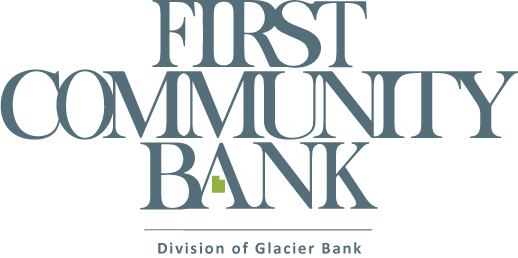Should I Use a Password Manager?
By Zack Brown | Published November 22, 2022
Would it be wise to use the same key to lock your home, safe, vehicles and other physical property? That obviously would not be very secure. For the same reason it wouldn’t be secure to use the same password for all of your accounts in the digital world, although it would be convenient. Most security experts recommend using a password manager which combines both security and convenience.
In general, password managers are used to generate, securely store, organize and autofill your credentials to secure websites and applications. You need to do some quick comparisons to choose the product or service that best fits your needs, but consider some of the benefits of using a password manager:
- Master Password – It’s not necessary to memorize your growing list of passwords, just remember one strong master password to access and use all of your other ones. (It’s a good idea to store a copy of your master password in a locked or secure location in case you forget it as some password managers do not have options to help you recover it.)
- Password Generation – you can select the option to generate unique and strong passwords that are long and complex. There is no need to remember them, just copy and paste or autofill to login to sites. The NIST (National Institute of Standards and Technology) now advises that password length is more important than regularly changing passwords.
- Autofill – launch a website from the password manager, or when you visit a website you have credentials for, the manager gives you the option to autofill the username and password.
- Save Time – avoid having to think up your own secure password, the hassle and inconvenience of using password reset features when you forget, or having to manually type passwords (sometimes several times).
- Organization – easily search your list to look up credentials or organize by folders.
- Secure – A reputable service will use a zero-knowledge practice meaning the company never has access to the encryption keys to view your data. Even if there was a security breach, without your master password a hacker could not decipher your password. Many password managers also support muti-factor authentication for added security.
- Monitor – password managers can flag your weak or duplicate passwords and suggest you make changes.
- Availability – if you have your phone or device with you, you always have access to your passwords, compared to keeping everything in a notebook at home.
- Additional Features – while some password managers are free, some of the subscription services allow you to sync across multiple browsers and devices, scan the dark web for compromised accounts, and provide secure file storage. Some also have secure sharing and family plans and inheritance pass, multi-factor authentication
Using a password manager may not be for everyone, but it can be a great tool to avoid using weak, reused, or iterations of passwords that make you more susceptible to ID theft and other crimes. For more information on how to use a password manger or to see industry reviews you might like articles from Consumer Reports or PCMag.com.
 Author: Zack Brown, SVP Senior Operations Officer
Author: Zack Brown, SVP Senior Operations Officer
Zack has worked at First Community Bank for 23 years in several capacities, including overseeing the bank’s IT, security, and digital banking products. He and his team are committed to helping customers, employees and our community in staying safe in their banking and financial activities.
